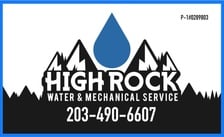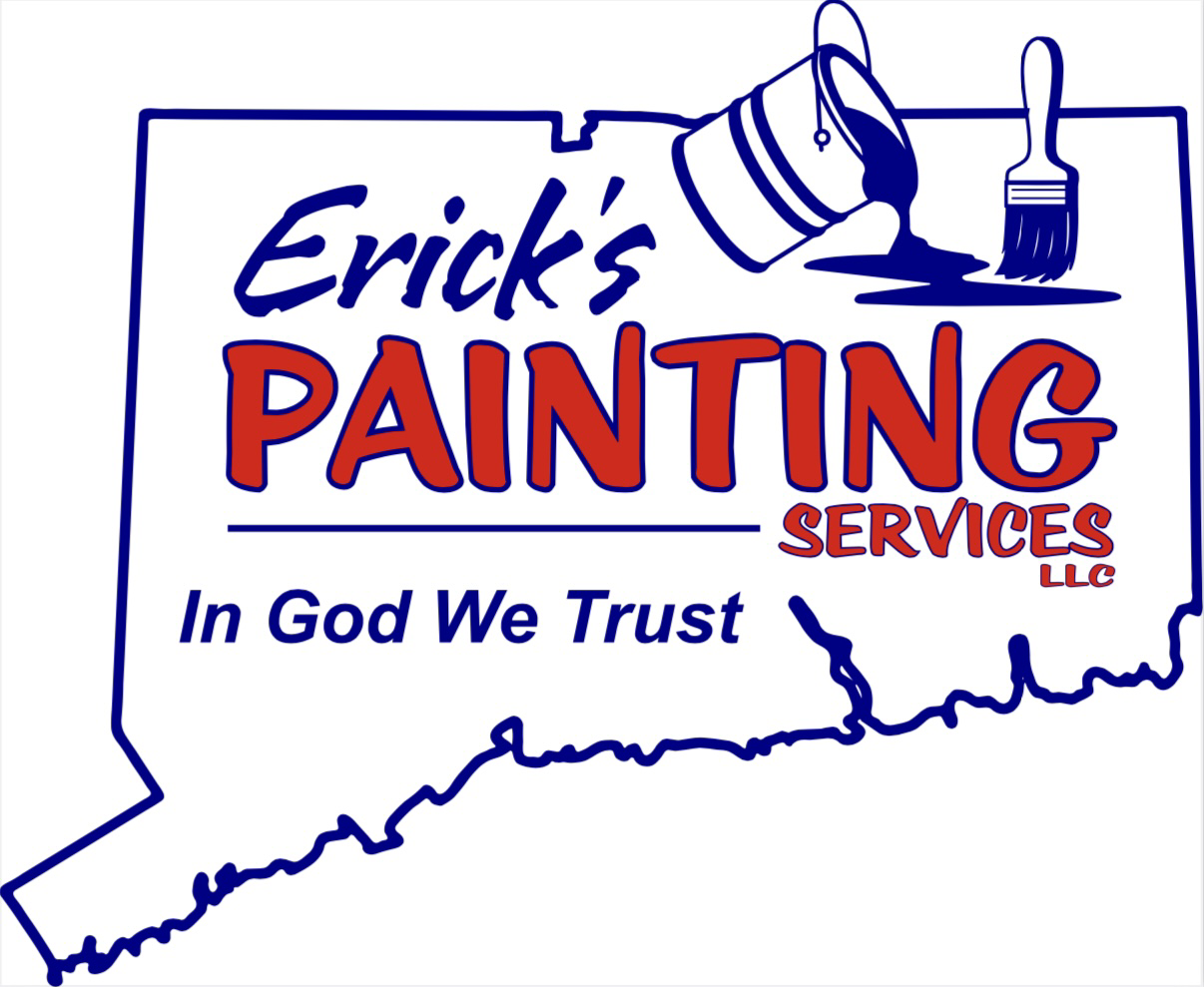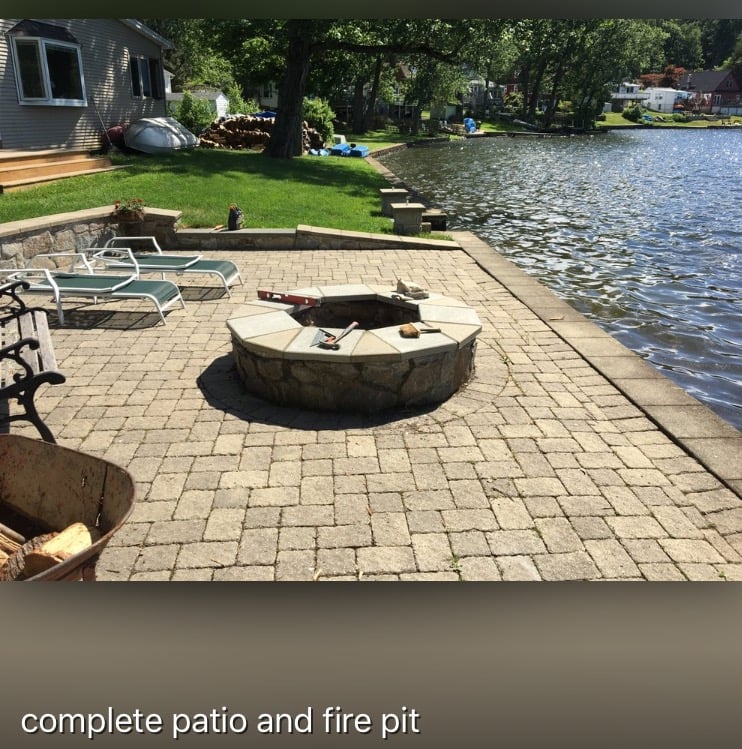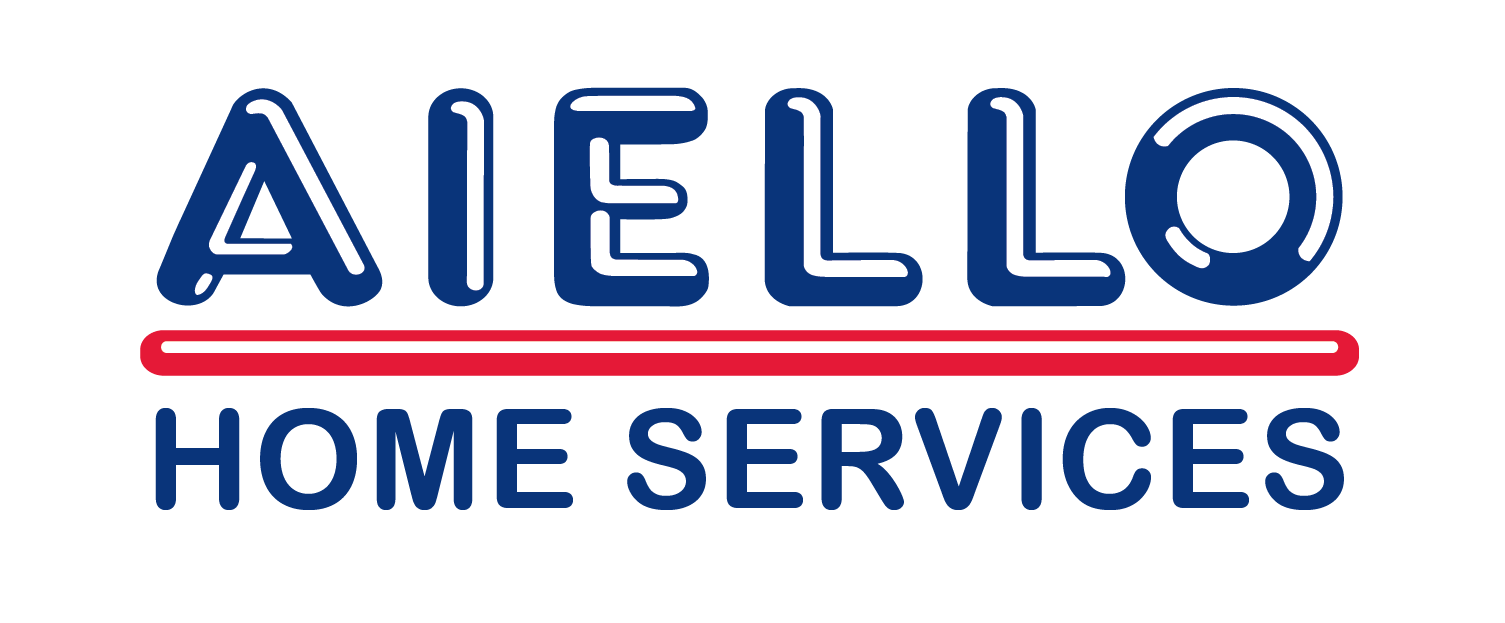
Get matched with top water and smoke damage repair specialists in Cromwell, CT
Enter your ZIP and get matched with up to 5 pros
Need a pro for your water and smoke damage repair project in Cromwell, CT?
Verified Reviews for Water And Smoke Damage Repair pros in Cromwell, CT
*The Angi rating for Water And Smoke Damage Repair companies in Cromwell, CT is a rating based on verified reviews from our community of homeowners who have used these pros to meet their Water And Smoke Damage Repair needs.
*The HomeAdvisor rating for Water And Smoke Damage Repair companies in Cromwell, CT is a rating based on verified reviews from our community of homeowners who have used these pros to meet their Water And Smoke Damage Repair needs.
Last update on November 23, 2025
Find Water and smoke damage repair specialists in Cromwell
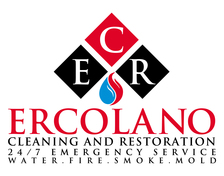
Ercolano Cleaning & Restoration, LLC
Ercolano Cleaning & Restoration, LLC
Ercolano Cleaning & Restoration, LLC, is a trusted name in the cleaning industry. With over 25 years of experience, and being family owned and operated, our clients are never disappointed! Please feel free to contact us for a free estimate and high quality work. We will work with any insurance company to get you back in your home faster after any disaster. From a flood to a pipe leak, fire or any tragedy you have ECR will be there to make it as easy as possible for you and your loved ones.
"Yina and her partner, Olga and Jorden arrived on time and motivated to remediate water and mold damage in wall drain pipe. They were organized and efficient in tackling the job at hand. They were all some of the most polite and respectful I have ever had in my home. Thank you all so much ! F.J Boucher. Tolland, Ct"
Jay B on May 2025
Ercolano Cleaning & Restoration, LLC, is a trusted name in the cleaning industry. With over 25 years of experience, and being family owned and operated, our clients are never disappointed! Please feel free to contact us for a free estimate and high quality work. We will work with any insurance company to get you back in your home faster after any disaster. From a flood to a pipe leak, fire or any tragedy you have ECR will be there to make it as easy as possible for you and your loved ones.
"Yina and her partner, Olga and Jorden arrived on time and motivated to remediate water and mold damage in wall drain pipe. They were organized and efficient in tackling the job at hand. They were all some of the most polite and respectful I have ever had in my home. Thank you all so much ! F.J Boucher. Tolland, Ct"
Jay B on May 2025
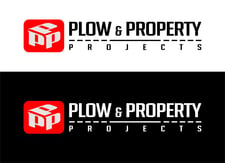
Plow and Property Projects, LLC
Plow and Property Projects, LLC
We are a locally owned and operated company that values honesty, integrity, and treats your home as if it were our own. You will find us to be competitively priced, while still paying close attention to the details of each and every project that we are involved with. We look forward to building lasting relationships, and guarantee your satisfaction. Give us a call today to get your project started!
"Roof, siding, windows, gutters, doors, and door frames were all replaced. Quality of work is excellent, my house looks amazing. Attention was paid to every detail."
Nancy K on October 2024
We are a locally owned and operated company that values honesty, integrity, and treats your home as if it were our own. You will find us to be competitively priced, while still paying close attention to the details of each and every project that we are involved with. We look forward to building lasting relationships, and guarantee your satisfaction. Give us a call today to get your project started!
"Roof, siding, windows, gutters, doors, and door frames were all replaced. Quality of work is excellent, my house looks amazing. Attention was paid to every detail."
Nancy K on October 2024
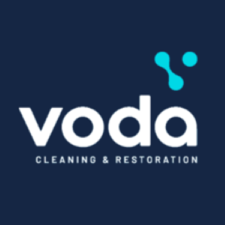
Voda Cleaning & Restoration of Hartford
Voda Cleaning & Restoration of Hartford
Your Cleaning & Restoration Sidekick. At Voda, our mission is to make life easier for those responsible for creating inviting, healthy spaces where people live, work, and do business. We specialize in a wide range of cleaning & restoration services to keep your home or business clean, fresh and free from damage including: carpet cleaning, floor cleaning, tile & grout cleaning, upholstery cleaning, odor removal, water damage restoration, storm damage restoration, mold mitigation and more!
"Ted was awesome, he promptly took care of our situation . Great company!"
Alex O on March 2025
Your Cleaning & Restoration Sidekick. At Voda, our mission is to make life easier for those responsible for creating inviting, healthy spaces where people live, work, and do business. We specialize in a wide range of cleaning & restoration services to keep your home or business clean, fresh and free from damage including: carpet cleaning, floor cleaning, tile & grout cleaning, upholstery cleaning, odor removal, water damage restoration, storm damage restoration, mold mitigation and more!
"Ted was awesome, he promptly took care of our situation . Great company!"
Alex O on March 2025
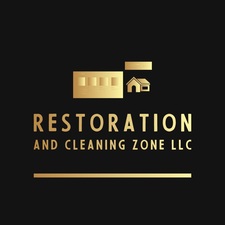
Restoration And Cleaning Zone, LLC
Restoration And Cleaning Zone, LLC
With years in the industry here at Restoration And Cleaning Zone we pride our company on attention to detail, punctuality, reliability, great communication, integrity, and quality work. We are experts in our trade and will do our best to keep you as educated as we can on your particular task or project. Our attention to detail is that of no other. We look forward to earning your business. Give us a call today!
With years in the industry here at Restoration And Cleaning Zone we pride our company on attention to detail, punctuality, reliability, great communication, integrity, and quality work. We are experts in our trade and will do our best to keep you as educated as we can on your particular task or project. Our attention to detail is that of no other. We look forward to earning your business. Give us a call today!

Plow and Property Projects LLC
Plow and Property Projects LLC
Give us a call or click to request a quote today! Plow and Property Projects LLC is your go-to remodeling expert in Hartford. With our exceptional craftsmanship and attention to detail, we transform homes into stunning spaces. Contact us today for all your remodeling needs.
"Absolutely amazing. They were done in a week and turned my unfinished basement into a fully livable space!"
Katheryn C on July 2025
Give us a call or click to request a quote today! Plow and Property Projects LLC is your go-to remodeling expert in Hartford. With our exceptional craftsmanship and attention to detail, we transform homes into stunning spaces. Contact us today for all your remodeling needs.
"Absolutely amazing. They were done in a week and turned my unfinished basement into a fully livable space!"
Katheryn C on July 2025
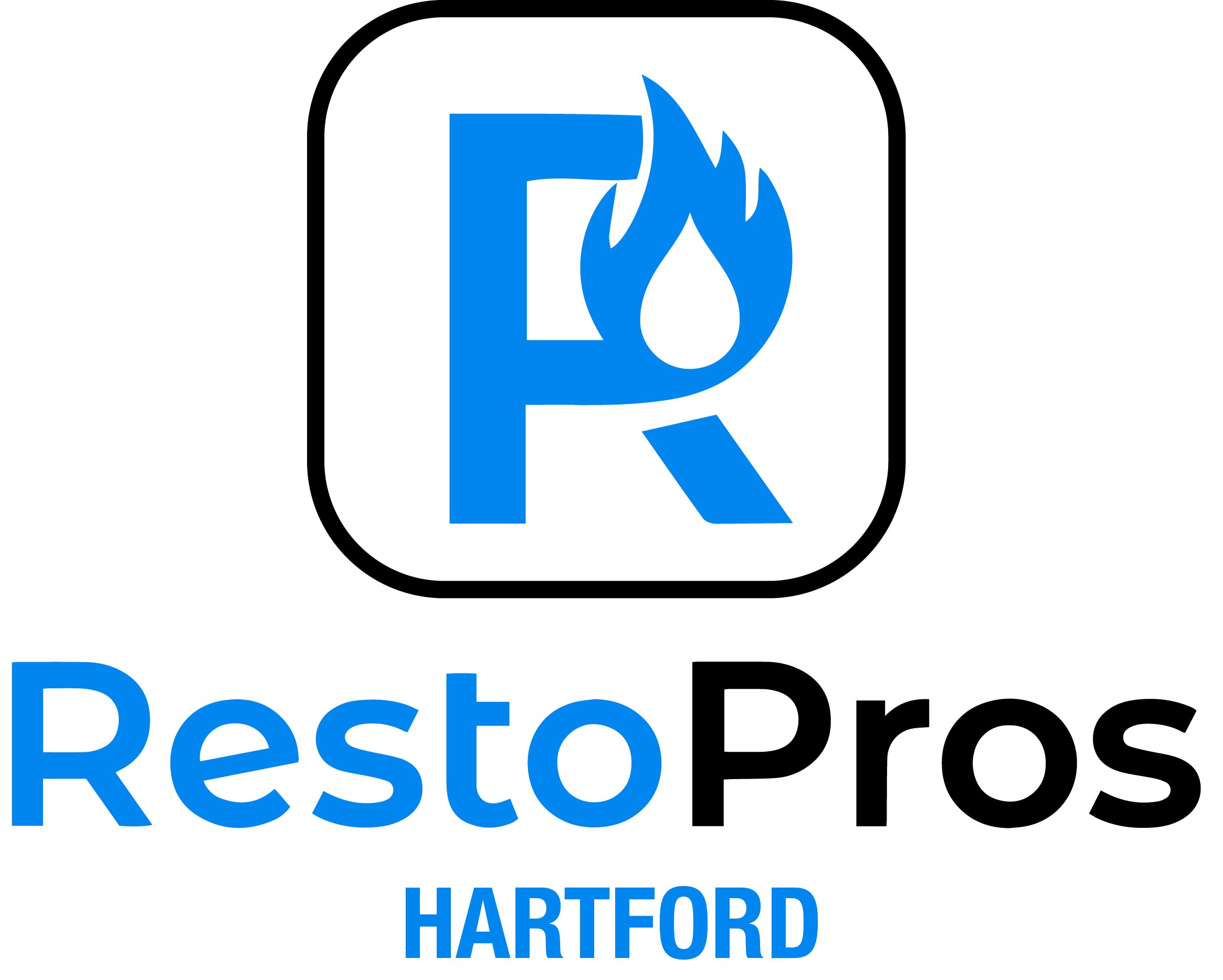
RestoPros of Hartford
RestoPros of Hartford
Whether you're dealing with mold water fire water or sewage damage, we are here to help. We’re available 24/7 to restore your home or business. At RestoPros of Hartford, we specialize in fast, thorough cleanup, even for hazardous messes like sewage overflows and harmful mold infestations. Our expert team removes the mess, disinfects, and ensures your space is clean, safe, and healthy. After, remodel your property to pre-damage condition or better! Our Services: - 24/7 Emergency Response – On-site within 1 hour - Sewage Cleanup – Safe removal and sanitization after messy backups - Mold Remediation – Thorough mold removal and prevention to protect your property - Water Damage Restoration – Addressing leaks, floods, and moisture issues - Build-Back Services – Repairing and restoring affected areas - Drywall repair, painting, flooring, and bathroom and kitchen remodeling
"Excellent. Made a difficult time much easier"
Tim G on September 2025
Whether you're dealing with mold water fire water or sewage damage, we are here to help. We’re available 24/7 to restore your home or business. At RestoPros of Hartford, we specialize in fast, thorough cleanup, even for hazardous messes like sewage overflows and harmful mold infestations. Our expert team removes the mess, disinfects, and ensures your space is clean, safe, and healthy. After, remodel your property to pre-damage condition or better! Our Services: - 24/7 Emergency Response – On-site within 1 hour - Sewage Cleanup – Safe removal and sanitization after messy backups - Mold Remediation – Thorough mold removal and prevention to protect your property - Water Damage Restoration – Addressing leaks, floods, and moisture issues - Build-Back Services – Repairing and restoring affected areas - Drywall repair, painting, flooring, and bathroom and kitchen remodeling
"Excellent. Made a difficult time much easier"
Tim G on September 2025
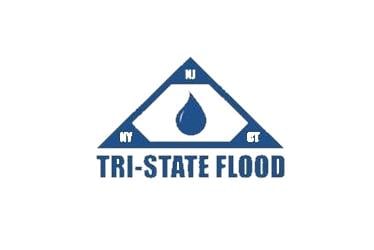
Tri State Flood Inc
Tri State Flood Inc
At Tri State Flood Inc, we specialize in comprehensive disaster restoration services. Our team is dedicated to safeguarding homes and businesses from the damaging effects of water, fires, mold and storms. Here’s what sets us apart: Water Removal and Storm Damage Restoration: When water wreaks havoc due to storms or other incidents, we’re here to help. Our 24/7 emergency response team swiftly tackles water extraction, drying, and structural repairs. Comprehensive Services: Beyond mold and water remediation, we handle storm damage repairs, basement flood cleanup and fire restoration. Choose Tri State Flood Inc for reliable, efficient, and compassionate restoration services. We’re committed to restoring peace of mind and protecting your property.
"Lesson learned. Always get an estimate. BEFORE the work is done. At least a digital copy. Arrangements for the project were made, with some one named Lynn, for the company to send someone to complete the work. We were quoted over the phone 4500-5000 which included a mold test. A sub contractor with an entirely different company (National Mold Company) was sent. When the contractor arrived, he stated that the job would be much more simpler than first thought. This led us to believe that the job would cost less, no. All said and done, they charged $5500. All said and done, it's almost like no work was done. The stains and the smell are still there. Only one actual board was taken upon the attic room. The ceiling in the bedroom was primed and painted but are still visible and have a funky smell. At this point I'm going to. Do what we should have done; Do the job ourselves. Just now with $5500 less dollars in our pockets. A detailed receipt was not given even though it was requested."
David B on August 2025
At Tri State Flood Inc, we specialize in comprehensive disaster restoration services. Our team is dedicated to safeguarding homes and businesses from the damaging effects of water, fires, mold and storms. Here’s what sets us apart: Water Removal and Storm Damage Restoration: When water wreaks havoc due to storms or other incidents, we’re here to help. Our 24/7 emergency response team swiftly tackles water extraction, drying, and structural repairs. Comprehensive Services: Beyond mold and water remediation, we handle storm damage repairs, basement flood cleanup and fire restoration. Choose Tri State Flood Inc for reliable, efficient, and compassionate restoration services. We’re committed to restoring peace of mind and protecting your property.
"Lesson learned. Always get an estimate. BEFORE the work is done. At least a digital copy. Arrangements for the project were made, with some one named Lynn, for the company to send someone to complete the work. We were quoted over the phone 4500-5000 which included a mold test. A sub contractor with an entirely different company (National Mold Company) was sent. When the contractor arrived, he stated that the job would be much more simpler than first thought. This led us to believe that the job would cost less, no. All said and done, they charged $5500. All said and done, it's almost like no work was done. The stains and the smell are still there. Only one actual board was taken upon the attic room. The ceiling in the bedroom was primed and painted but are still visible and have a funky smell. At this point I'm going to. Do what we should have done; Do the job ourselves. Just now with $5500 less dollars in our pockets. A detailed receipt was not given even though it was requested."
David B on August 2025
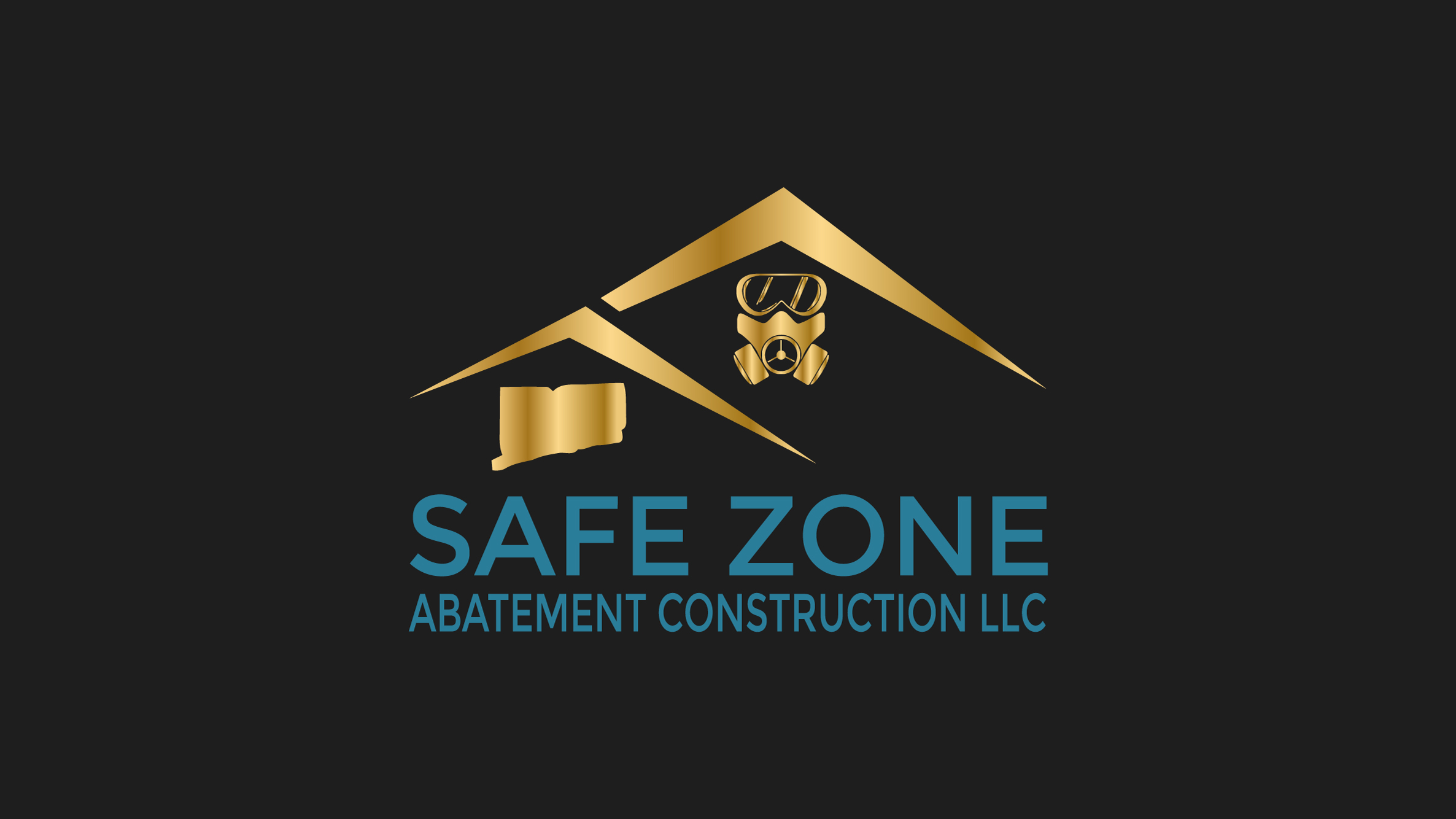
Safe Zone Abatement Construction
Safe Zone Abatement Construction
Safe Zone Abatement Construction invites you to experience prompt service and superior attention to detail. We have 25+ 5-star Google reviews and service the entire state of Connecticut. Customer satisfaction is our top priority. You can be assured you're in good hands with our company working on your project. Call us today for a free estimate. You'll be pleased you did.
Safe Zone Abatement Construction invites you to experience prompt service and superior attention to detail. We have 25+ 5-star Google reviews and service the entire state of Connecticut. Customer satisfaction is our top priority. You can be assured you're in good hands with our company working on your project. Call us today for a free estimate. You'll be pleased you did.

AVR
AVR
Providing Quality Electrical services at competitive prices. Serving all of CT for all our customers needs.
Providing Quality Electrical services at competitive prices. Serving all of CT for all our customers needs.
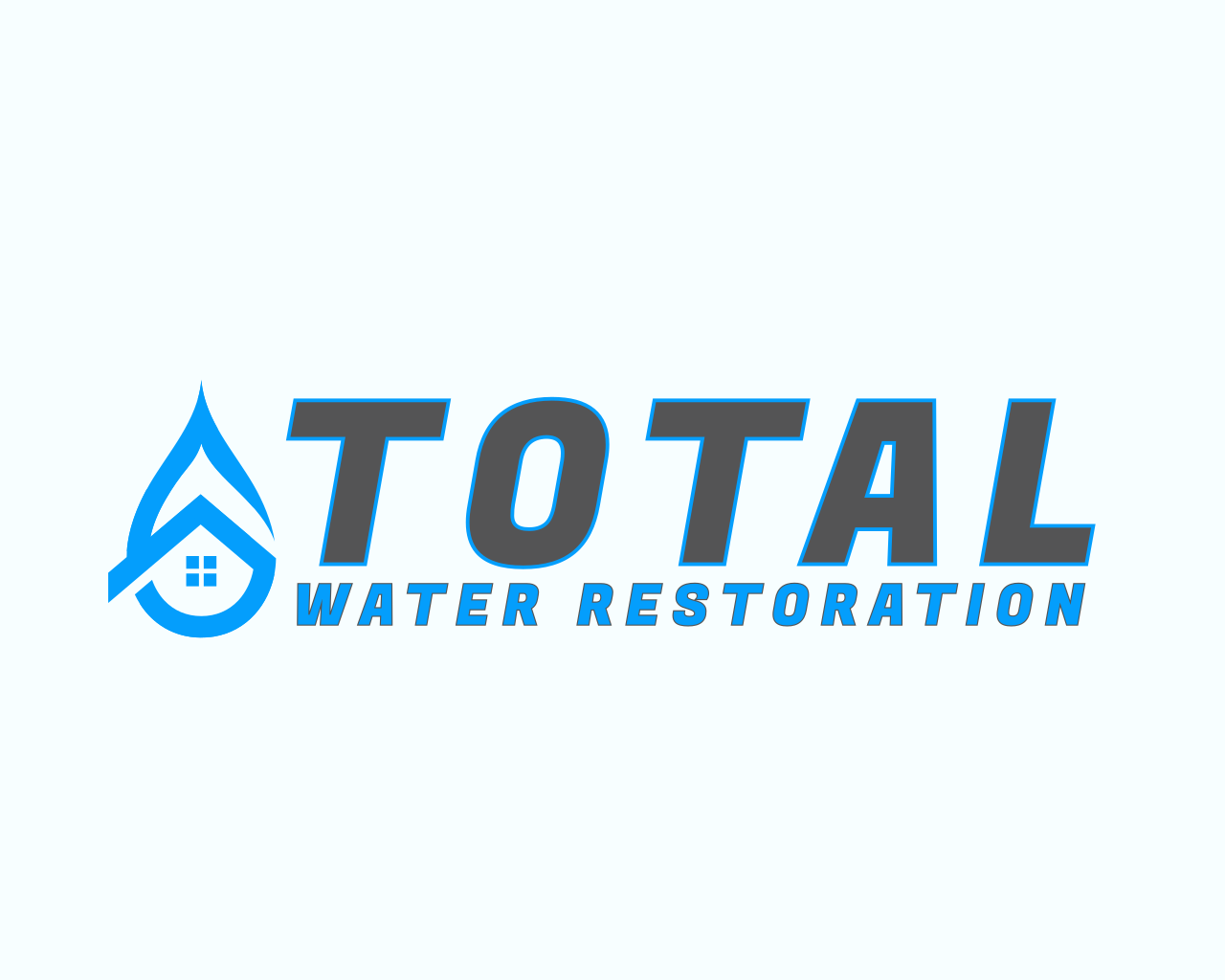
Total Water Restoration llc
Total Water Restoration llc
With over 15 years of combined home service experience we believe our client experience is equally as important as the work we perform. IICRC certified, utilizing professional drying equipment to "bring you back to new".
With over 15 years of combined home service experience we believe our client experience is equally as important as the work we perform. IICRC certified, utilizing professional drying equipment to "bring you back to new".
The Cromwell, CT homeowners’ guide to water and smoke damage repairs
From average costs to expert advice, get all the answers you need to get your job done.

Fire damage restoration costs vary widely based on the extent of the damage. Learn how to assess your home and estimate your total after a fire.

Fixing a slab leak requires finding the leak, digging a trench, breaking the slab, pipe lining, and more. Keep reading to learn how to fix a slab leak.

Need to get rid of lingering smoke odors in your home? Learn how much smoke remediation costs to budget accurately for this major undertaking.

Don't let wood rot ruin your home's appearance. Learn how to repair rotted wood to keep your home looking pristine and prevent further damage.

Wondering who to call for a water leak in the ceiling? It depends on the source of the problem, but you’ll usually call a roofer or a plumber (and your insurance company).

Learn the common reasons water drips from your AC vent and how to identify and address the root issue.
- Portland, CT Water and smoke damage repair specialists
- Rocky Hill, CT Water and smoke damage repair specialists
- Middletown, CT Water and smoke damage repair specialists
- Kensington, CT Water and smoke damage repair specialists
- Berlin, CT Water and smoke damage repair specialists
- Rockfall, CT Water and smoke damage repair specialists
- South Glastonbury, CT Water and smoke damage repair specialists
- Newington, CT Water and smoke damage repair specialists
- Wethersfield, CT Water and smoke damage repair specialists
- Middlefield, CT Water and smoke damage repair specialists
- West Hartford, CT Water and smoke damage repair specialists
- New Britain, CT Water and smoke damage repair specialists
- Glastonbury, CT Water and smoke damage repair specialists
- Meriden, CT Water and smoke damage repair specialists
- East Hampton, CT Water and smoke damage repair specialists
- Durham, CT Water and smoke damage repair specialists
- Southington, CT Water and smoke damage repair specialists
- Marlborough, CT Water and smoke damage repair specialists
- Hartford, CT Water and smoke damage repair specialists
- Higganum, CT Water and smoke damage repair specialists
- Plainville, CT Water and smoke damage repair specialists
- East Hartford, CT Water and smoke damage repair specialists
- Plantsville, CT Water and smoke damage repair specialists
- Farmington, CT Water and smoke damage repair specialists
- Wallingford, CT Water and smoke damage repair specialists
- Haddam, CT Water and smoke damage repair specialists
- Yalesville, CT Water and smoke damage repair specialists
- Moodus, CT Water and smoke damage repair specialists
- Hebron, CT Water and smoke damage repair specialists


